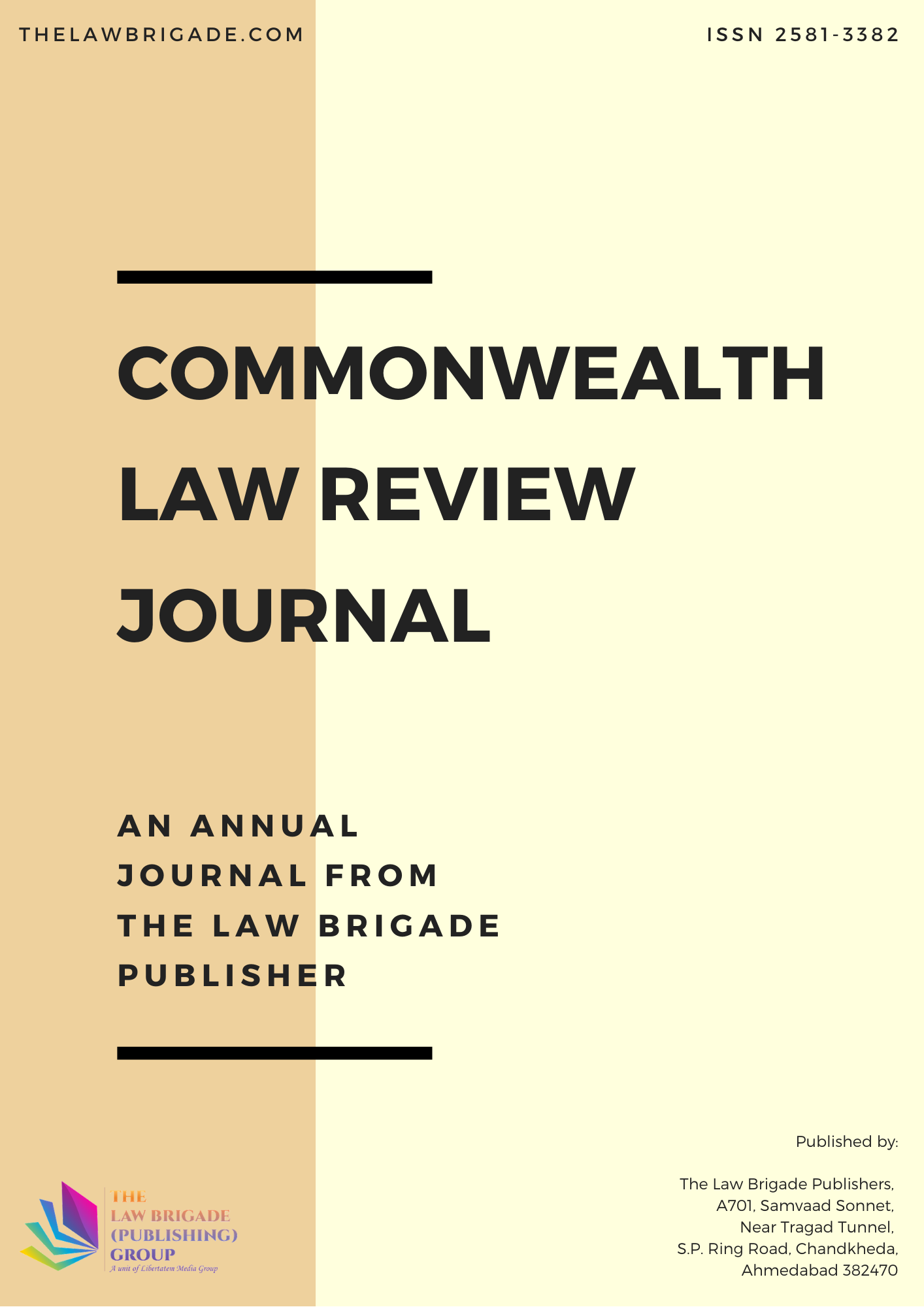The criminal justice in Tanzania is delivered to offenders through the established criminal justice system. It consists of series of government institutions like the police, prosecution services, defense attorneys, courts and prisons. However, due to increase of population and rate of crime in Tanzania, the criminal justice system encounters some challenges.
The congestion in prisons and accumulation of cases in Tanzania’s courts has made it difficult for judges and magistrates to deliver justice in a timely manner, especially in criminal cases, and the introduction of a plea-bargaining system was therefore considered essential. This delay and unresolved problem are even more acute in criminal cases. This is because of the restriction imposed by arrest and subsequent detention stays intact throughout, including the time of investigation, interrogation but also during the entire trial. A plea bargain is about what should happen to the accused and what punishment is best for him/her.
Despite the introduction of plea bargaining in Tanzania, criminal justice is still facing some challenges. The correction facilities are still encountering congestion and courts are still fighting backlog cases. Existence of these challenges raises questions on whether the laws which govern plea bargain in Tanzania have met the purposes.
There was a need therefore to assess the effectiveness of the laws governing plea bargaining procedures in Tanzania. The answers from the respondents were to the effect that the laws are not effective to the extent that the plea-bargaining agreements could lead to conviction of innocent accused persons.





